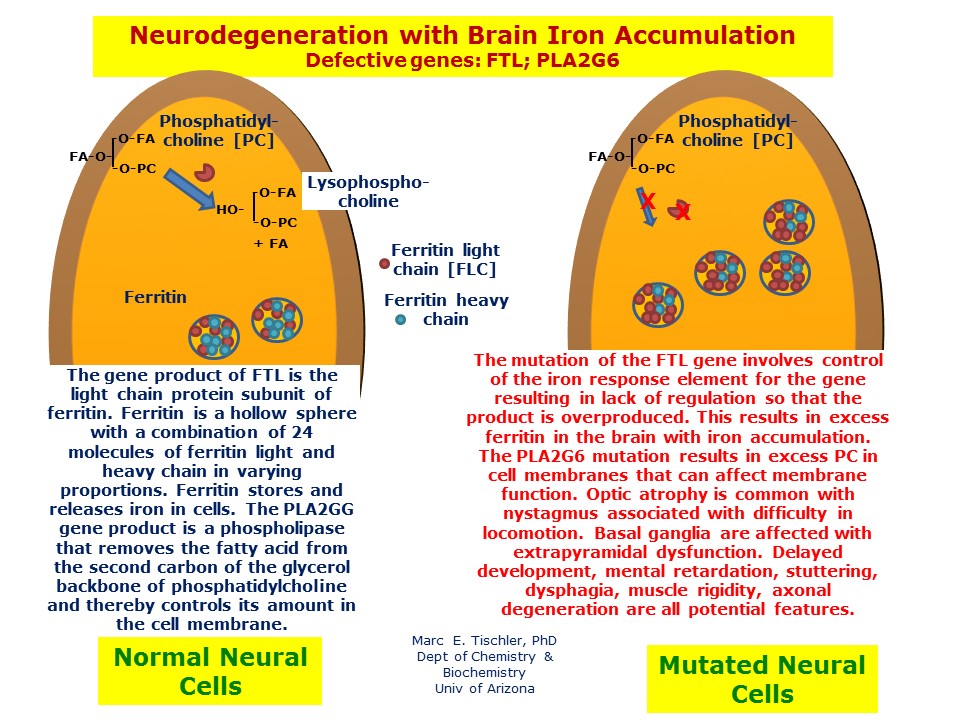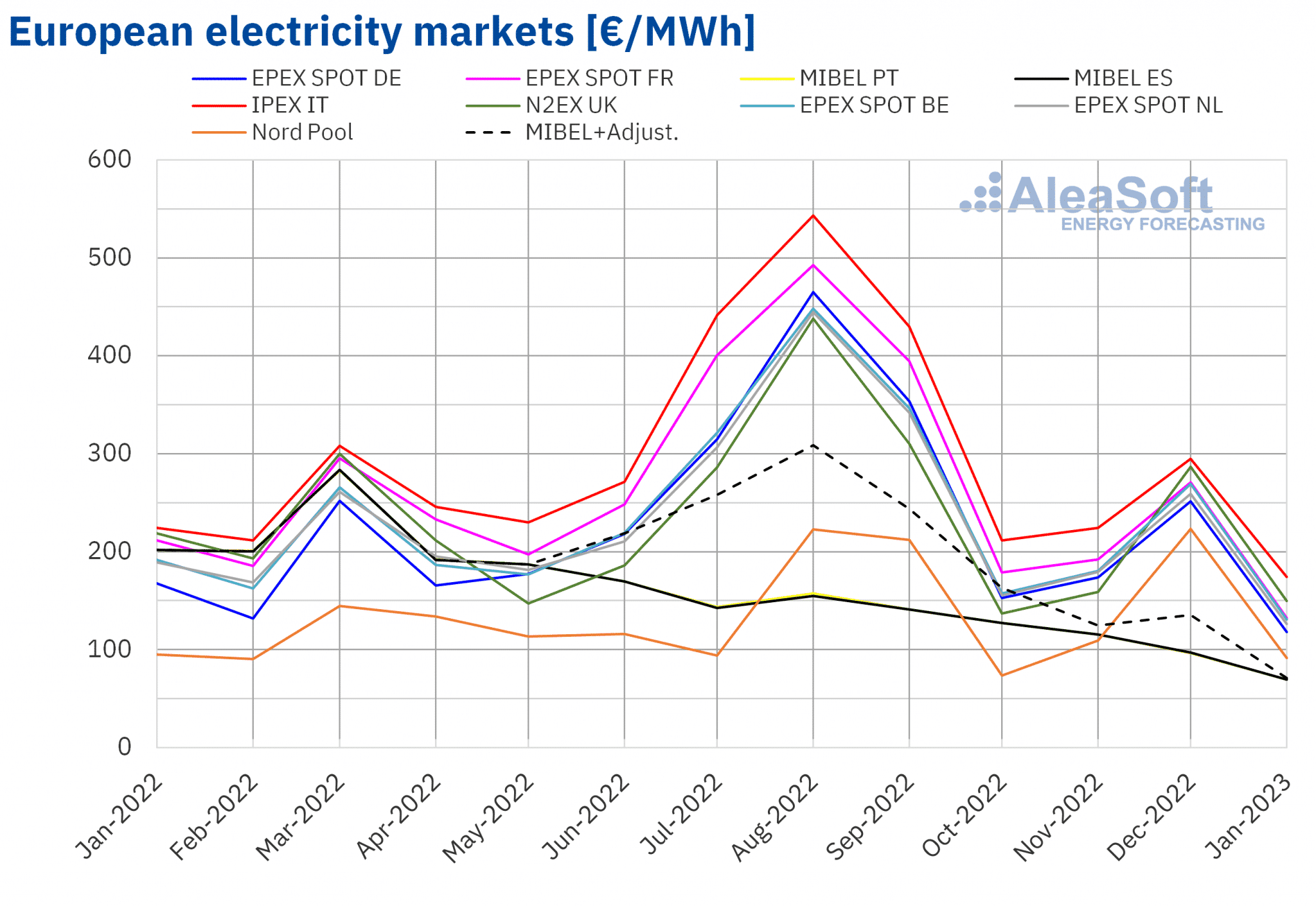The Impact Of Brain Iron On ADHD And Cognitive Decline In Older Adults

Table of Contents
The Role of Brain Iron in ADHD
Iron is essential for numerous bodily functions, and its impact on brain health is profound. Its influence on neurotransmitter function is particularly relevant to understanding ADHD.
Iron's Influence on Neurotransmitter Function
Iron plays a vital role in the synthesis, storage, and release of neurotransmitters, particularly dopamine, crucial for focus, attention, and executive function.
- Dopamine Pathways: Iron is directly involved in the dopamine D2 receptor signaling pathway. Imbalances in iron levels can disrupt this pathway, leading to difficulties with attention, impulse control, and hyperactivity – hallmark symptoms of ADHD.
- Research Findings: Several studies have linked both iron deficiency and iron overload to ADHD symptoms. Iron deficiency can impair dopamine production, while excessive iron can contribute to oxidative stress, damaging brain cells and further disrupting neurotransmitter balance.
Iron and Brain Development in Children
The role of iron in brain development during childhood cannot be overstated. Adequate iron intake is critical for optimal neural development and myelination.
- Critical Developmental Windows: Iron deficiency during critical periods of brain development, particularly in early childhood, may increase the risk of ADHD later in life. The brain's rapid growth and development during these periods are highly dependent on sufficient iron supply.
- Risk Factors for Iron Deficiency: Premature birth, poor dietary intake, and gastrointestinal issues can increase the risk of iron deficiency in children, potentially impacting their neurological development and increasing their vulnerability to ADHD.
Brain Iron and Cognitive Decline in Older Adults
As we age, the balance of brain iron shifts. This change can contribute to both cognitive impairment and neurodegenerative diseases.
Iron Accumulation and Neurodegeneration
Excessive iron accumulation in the brain, a process known as iron overload, is increasingly linked to neurodegenerative diseases like Alzheimer's and Parkinson's disease.
- Oxidative Stress: Excess iron catalyzes the formation of free radicals, leading to oxidative stress, which damages brain cells and contributes to neuronal dysfunction. This damage accelerates the progression of neurodegenerative diseases.
- Iron Chelation Therapy: Research is ongoing into the potential therapeutic benefits of iron chelation therapy, a treatment designed to remove excess iron from the body, in slowing the progression of neurodegenerative diseases. However, more research is needed to fully understand its effectiveness and potential risks.
Iron Deficiency and Cognitive Impairment
Conversely, iron deficiency in older adults can also have detrimental effects on cognitive function.
- Impact on Cognitive Function: Iron deficiency can impair various cognitive functions, including memory, executive function (planning, organization, and problem-solving), and processing speed. These deficits significantly impact quality of life.
- Dietary Considerations and Supplementation: Maintaining adequate iron levels through a balanced diet rich in iron-rich foods, such as red meat, leafy greens, and legumes, is crucial. However, for older adults who may have difficulty absorbing iron or have underlying conditions, supplementation may be necessary, but always under the guidance of a healthcare professional.
Conclusion
The relationship between brain iron levels and both ADHD and cognitive decline in older adults is complex and bidirectional. Adequate iron is essential for optimal brain function, particularly during critical developmental periods in childhood. However, excessive iron accumulation can lead to neurodegeneration, while deficiency can impair cognitive function in older adults. Understanding the role of brain iron is crucial for managing ADHD and mitigating cognitive decline in older adults. Consult your doctor to discuss your individual needs and explore potential strategies for optimizing your brain iron levels. Regular check-ups and open communication with your healthcare provider are key to maintaining optimal brain health throughout your lifespan and addressing concerns related to brain iron levels, ADHD symptoms, or cognitive decline.

Featured Posts
-
 The Best Italian Players To Grace The Bundesliga A Look At Their Careers
Apr 29, 2025
The Best Italian Players To Grace The Bundesliga A Look At Their Careers
Apr 29, 2025 -
 Negative European Electricity Prices A Solar Energy Success Story
Apr 29, 2025
Negative European Electricity Prices A Solar Energy Success Story
Apr 29, 2025 -
 Convicted Cardinal Challenges Conclave Voting Restrictions
Apr 29, 2025
Convicted Cardinal Challenges Conclave Voting Restrictions
Apr 29, 2025 -
 Bundesliga News Lask In Der Krise Klagenfurt Im Freien Fall
Apr 29, 2025
Bundesliga News Lask In Der Krise Klagenfurt Im Freien Fall
Apr 29, 2025 -
 Trump To Pardon Pete Rose A Baseball Legends Presidential Pardon
Apr 29, 2025
Trump To Pardon Pete Rose A Baseball Legends Presidential Pardon
Apr 29, 2025
